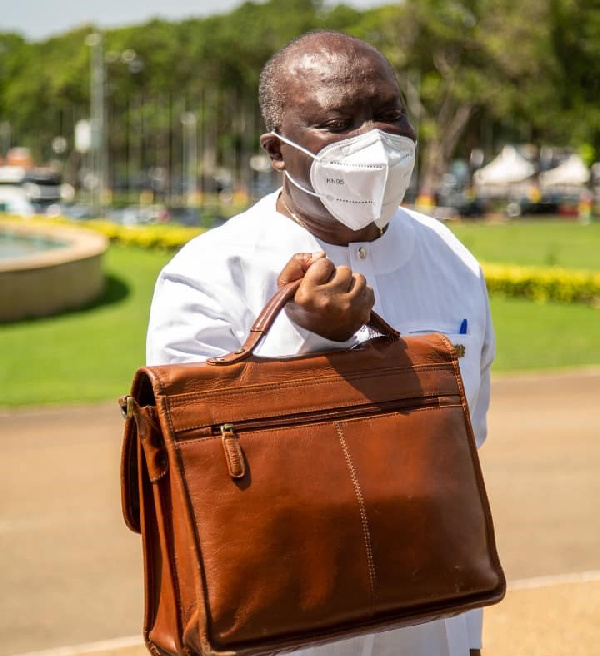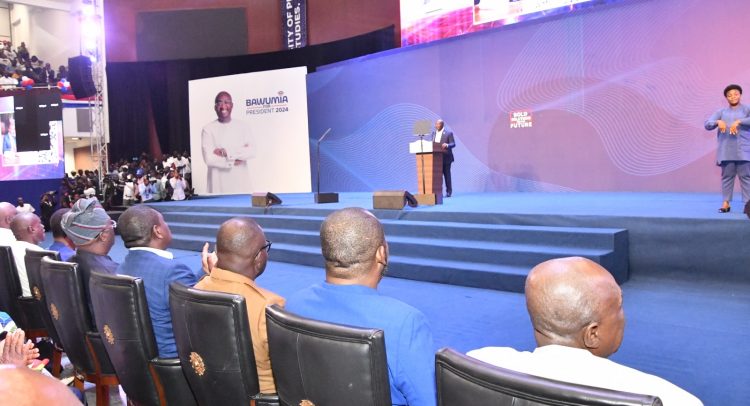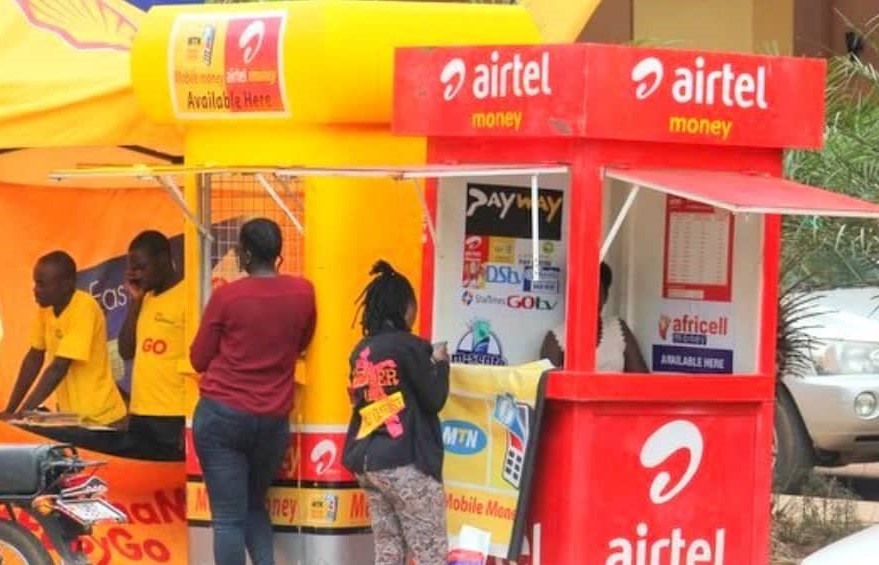
To him, although the new rate to be charged on these electronic transactions may increase by 1.75%, many people will bear the cost than rather suffer the risk of transporting their cash by road.
“The e-Levy will only increase my cost, but it will not discourage me from sending money via momo or any other electronic means. I doubt the argument the 1.75% levy will discourage Ghanaians from using momo. I am sure they will complain about the rates being alright, but I doubt they will stop using e-transactions. Which is better? Is it transferring money electronically at a cost or carrying it from one point to the other.
If I am supposed to send, say 300 cedis to my cousin in the North, I will send it electronically if the only thing I will suffer is a higher cost. The cost will not discourage me from sending the money because the fare to the North alone is something else, and I would rather transfer him the money than travel there to hand him the money as shared by some Ghanaians. My cost for the transfers will only increase, but I will not be discouraged from transferring the money,” he reiterated.
Sharing his position on the e-levy with Samuel Eshun during the Editors’ Take edition of the Happy Morning Show, he noted that because a lot of people, especially those in the informal sector, use momo transactions, the tax net will be widened.
Finance Minister Ken Ofori-Atta announced a new levy to be charged in 2022 on all electronic transactions to widen the tax net and rope in the informal sector.
“It is becoming clear there exist enormous potential to increase tax revenues by bringing into the tax bracket, transactions that could be best defined as being undertaken in the ‘informal economy,” Ken Ofori-Atta observed on Wednesday, November 17, as he presented the 2022 budget statement in Parliament.
“After considerable deliberations, the government has decided to place a levy on all electronic transactions to widen the tax net and rope in the informal sector. This shall be known as the ‘Electronic Transaction Levy or E-Levy’.”
He explained that the new E-levy would be a 1.75% charge on all electronic transactions covering mobile money payments, bank transfers, merchant payments, and inward remittances to be borne by the sender except inward remittances, which will be borne by the recipient.
This will, however, not affect transactions that add up to GH¢100 or less per day.
“A portion of the proceeds from the E-Levy will be used to support entrepreneurship, youth employment, cyber security, digital and road infrastructure, among others.”
This new levy is scheduled to start Saturday, January 1, 2022.
In 2020, the total value of transactions was estimated to be over GH¢500 million, with mobile money subscribers and users growing by 16 per cent in 2019.
According to a Bank of Ghana report, Ghana saw an increase of over 120 per cent in the value of digital transactions between February 2020 and February 2021 compared to 44 per cent for the period February 2019 to February 2020 due to the convenience they offer.
However, the minority in Parliament has opposed this directive as they argue it will be a disincentive to Ghanaians and hinder the growth of the country’s digital economy. Read Full Story
























Facebook
Twitter
Pinterest
Instagram
Google+
YouTube
LinkedIn
RSS